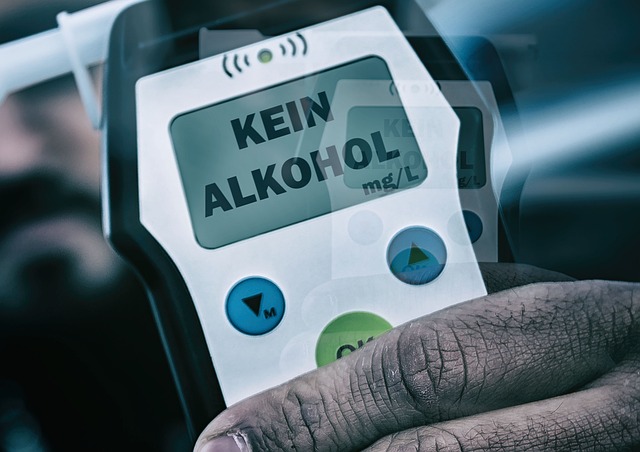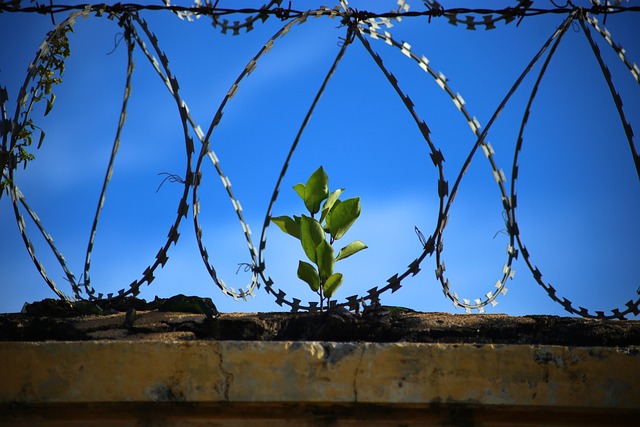Support groups create a supportive community for individuals recovering from various challenges, offering a safe space to share and connect without judgment. By facilitating attendance with alternative transportation options like carpooling, public transit, or ride-sharing services, these groups ensure financial accessibility, strengthen bonds, and encourage open conversations. This inclusive approach fosters lifelong friendships and empowers consistent engagement in recovery journeys, proving invaluable for those navigating life's obstacles.
In the journey towards recovery, finding and connecting with like-minded individuals can be transformative. Support groups offer a powerful community where shared experiences foster understanding and strength. This article explores how these groups facilitate healing, emphasizing the importance of social connection in the recovery process. Furthermore, it delves into practical aspects, focusing on alternative transportation options that ensure safety, accessibility, and comfort for members attending these supportive gatherings.
- The Power of Community in Recovery: Unlocking Support Through Shared Experiences
- Alternative Transportation Options: How to Get There Together Safely and Comfortably
The Power of Community in Recovery: Unlocking Support Through Shared Experiences

In the journey towards recovery, finding a supportive community can be transformative. Support groups offer an unparalleled platform for individuals to connect, sharing their stories and experiences without judgment. This sense of belonging is a powerful tool in the recovery process, as it fosters a safe space where people can openly discuss challenges and triumphs. The power of community lies in its ability to provide a network of peers who understand the complexities of addiction or mental health struggles, offering comfort and encouragement.
These groups become a source of strength when individuals realize they are not alone in their battles. The shared experiences create a unique bond, encouraging members to support one another through various stages of recovery. Moreover, the community aspect extends beyond the meetings, as connections formed can lead to lifelong friendships, providing an alternative transportation option for those navigating life’s obstacles—a supportive network readily available whenever needed.
Alternative Transportation Options: How to Get There Together Safely and Comfortably

When attending Support Groups for recovery, especially in a new or unfamiliar location, finding safe and comfortable transportation can make all the difference. Many individuals face challenges when it comes to getting to these crucial meetings, but there are various alternative transportation options available that can ease this burden. Carpooling is one such option; sharing rides with fellow group members not only reduces travel costs but also fosters a sense of community. This simple act can turn the journey into a supportive experience, encouraging open conversations and strengthening bonds formed during sessions.
Additionally, exploring public transportation or utilizing ride-sharing services are practical alternatives. Public transit offers an affordable and environmentally friendly way to attend meetings, while ride-sharing apps provide convenience and safety, especially for those who prefer not to drive or who are new to the area. These options ensure that no one misses out on Support Group sessions due to transportation difficulties, creating a more inclusive environment for all participants on their path to recovery.
Support Groups and safe, shared transportation are powerful tools on the journey to recovery. By fostering a sense of community, these initiatives unlock invaluable support and enhance accessibility for those in need. Incorporating alternative transportation options not only makes recovery more comfortable but also facilitates meaningful connections, ultimately strengthening the overall healing process.






